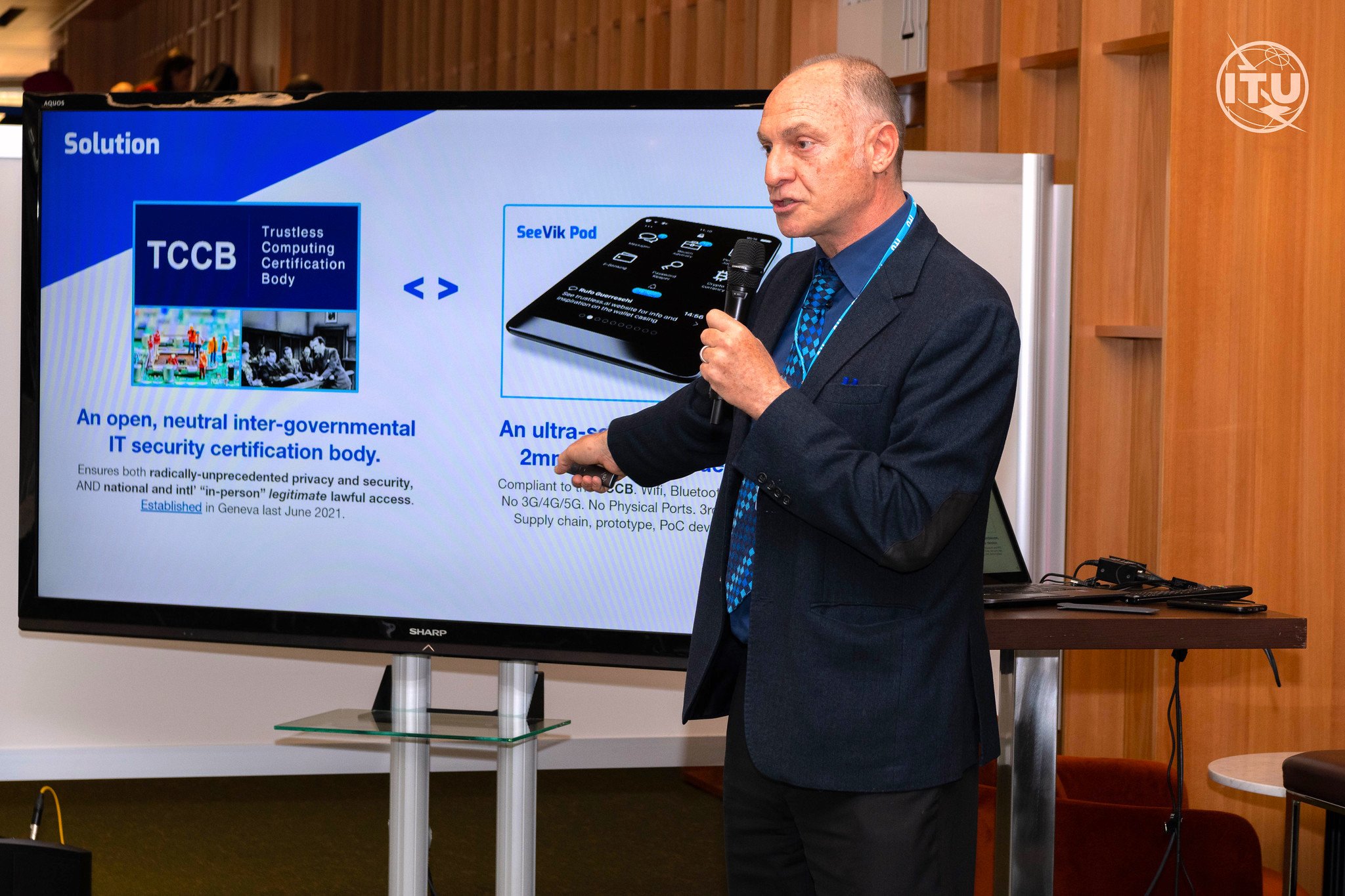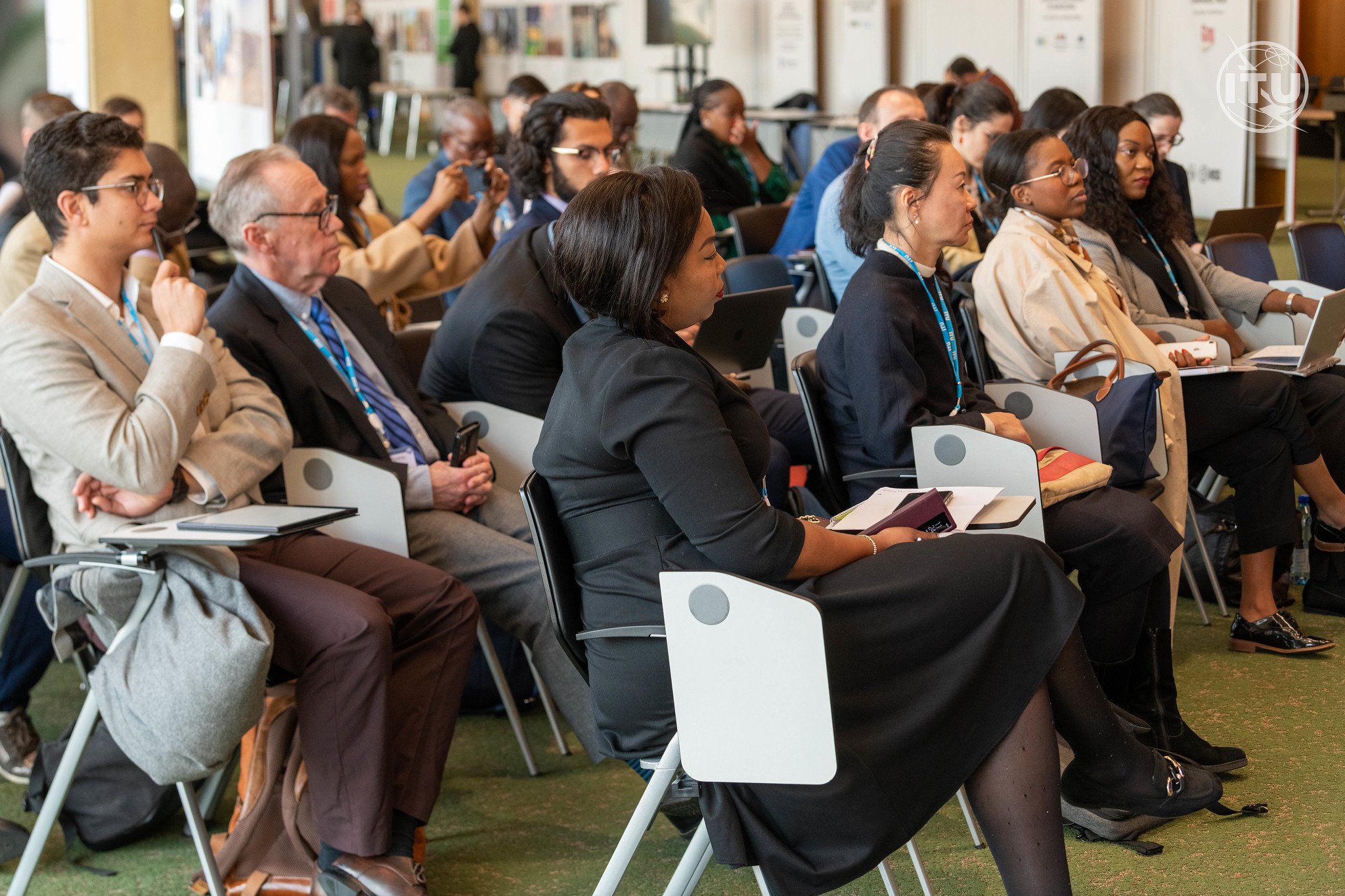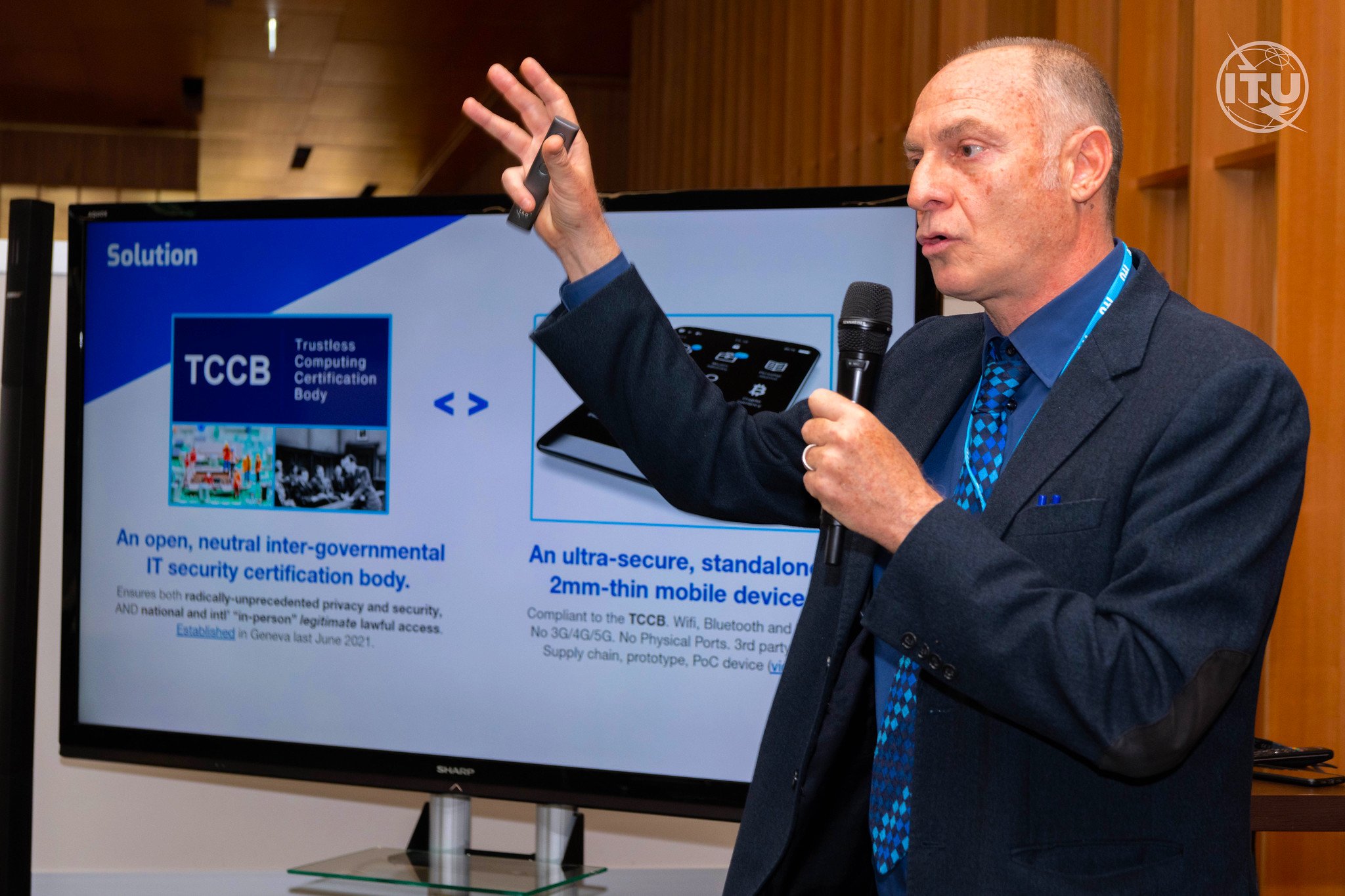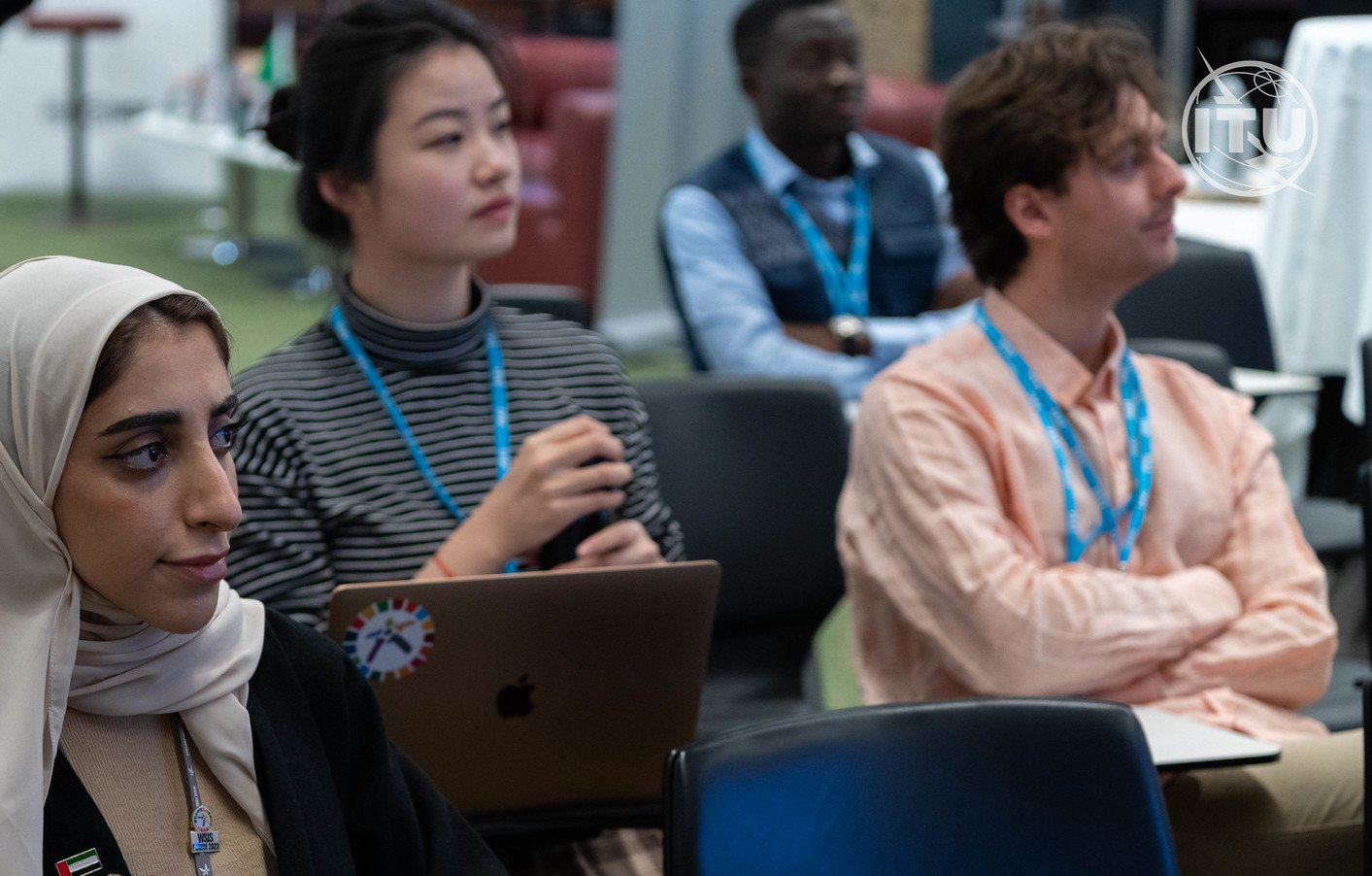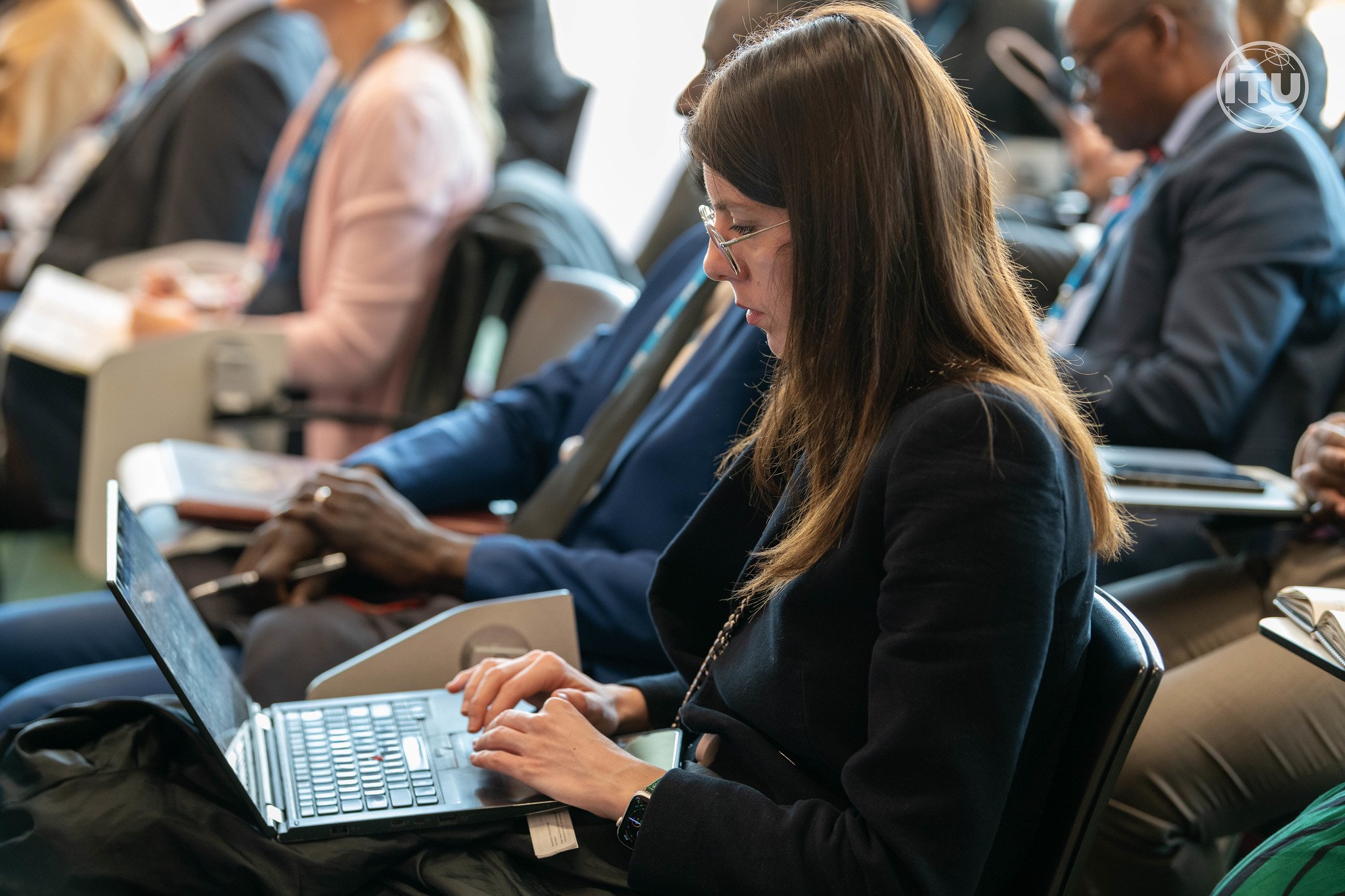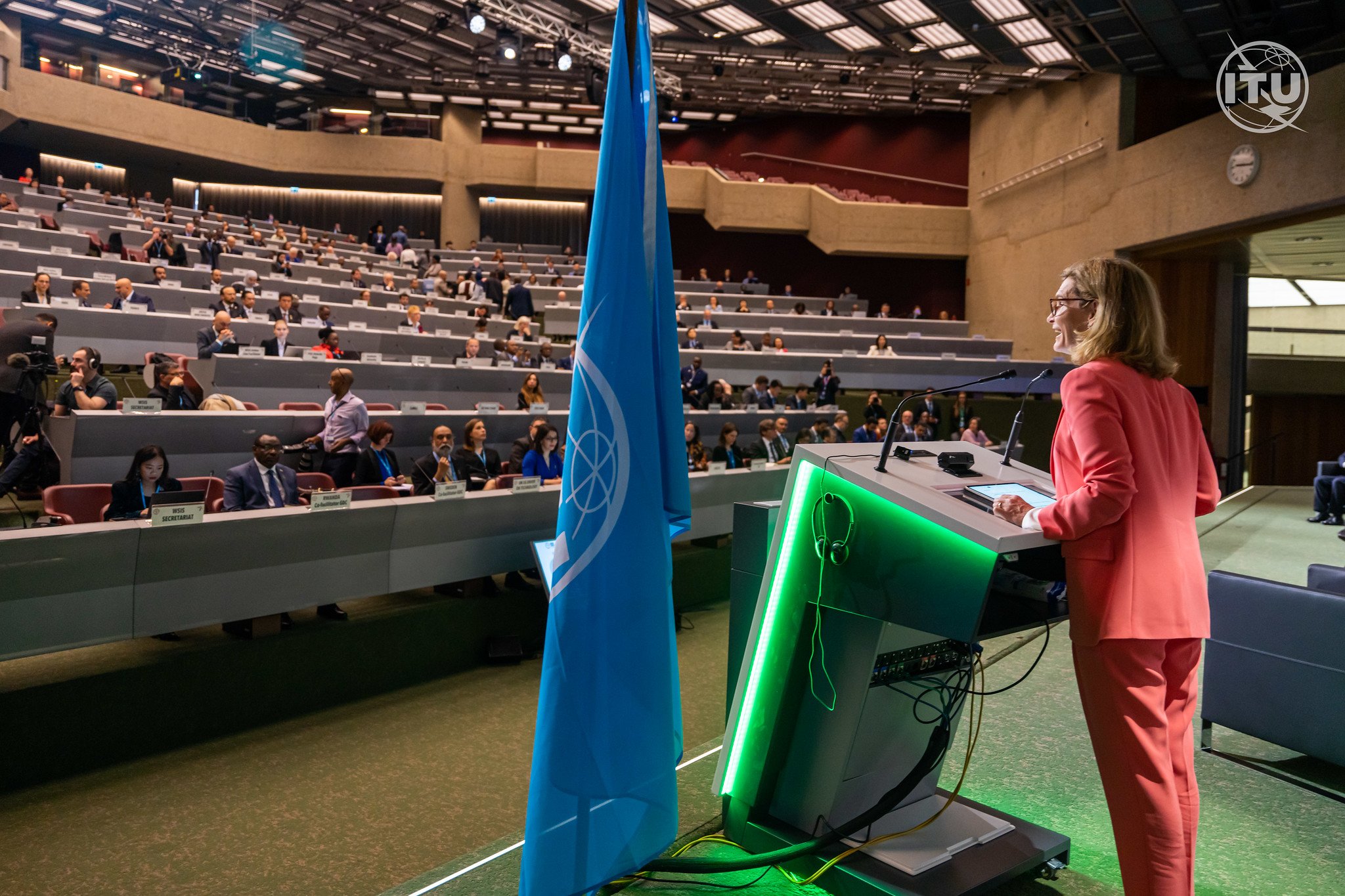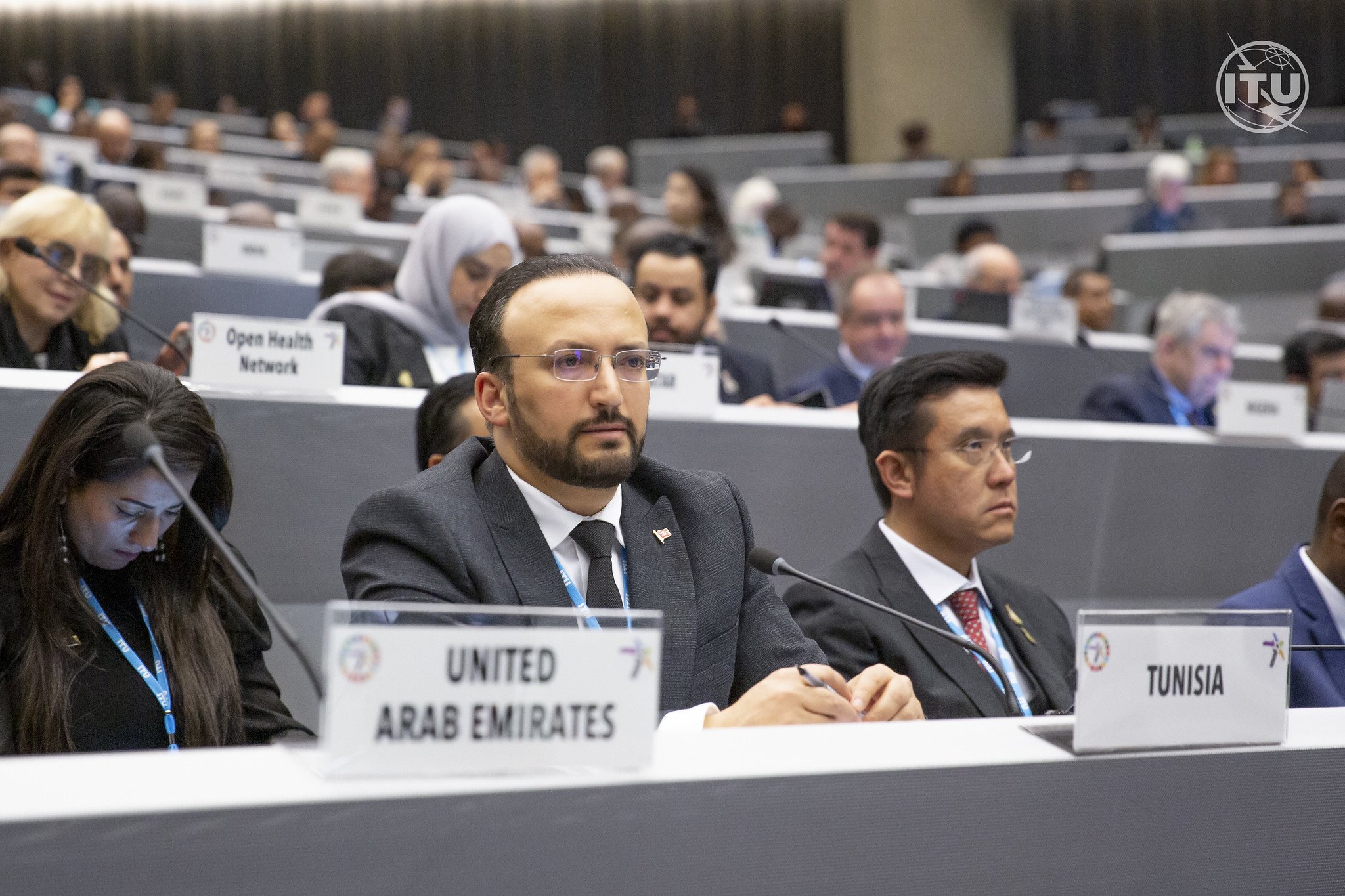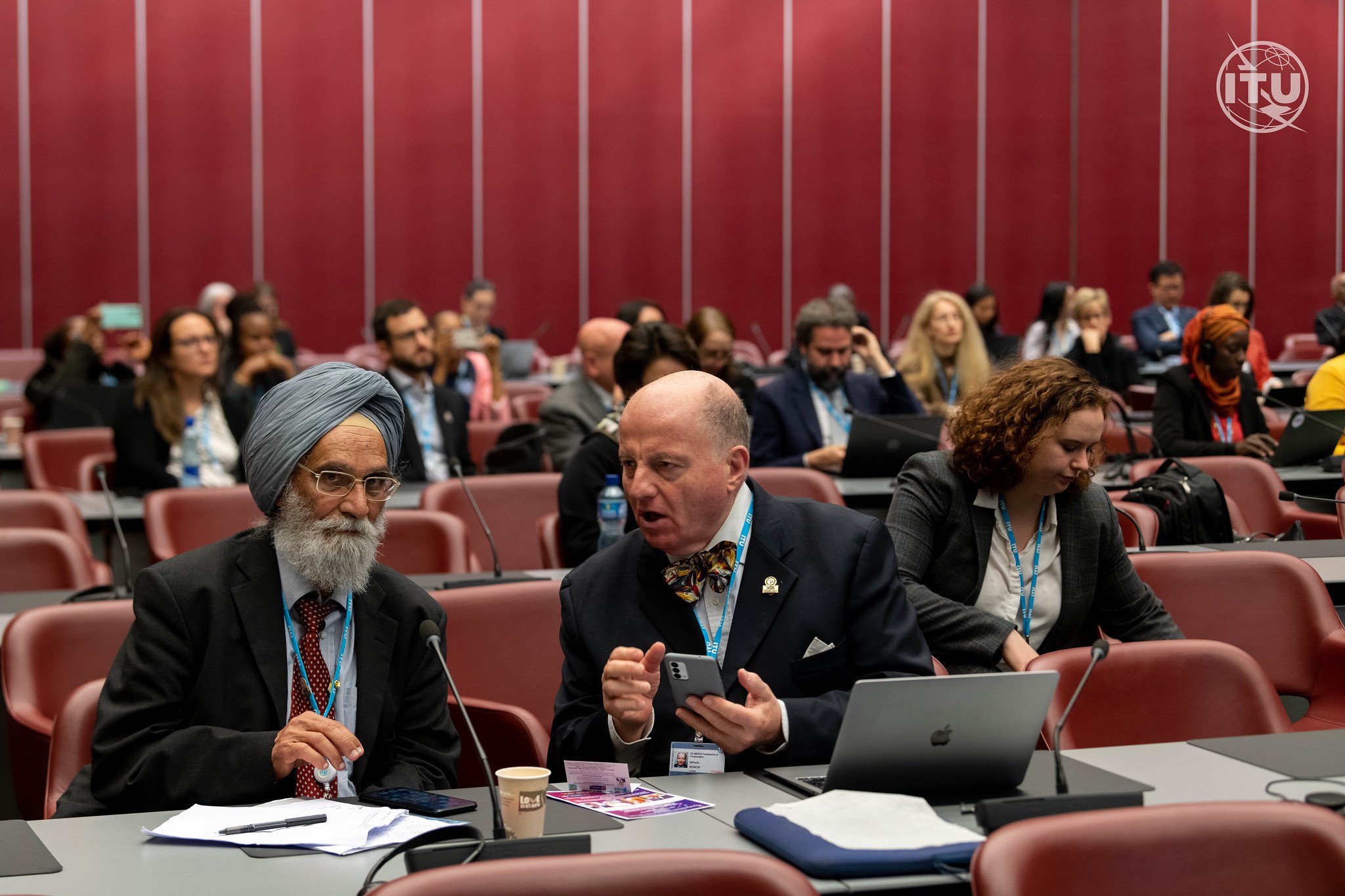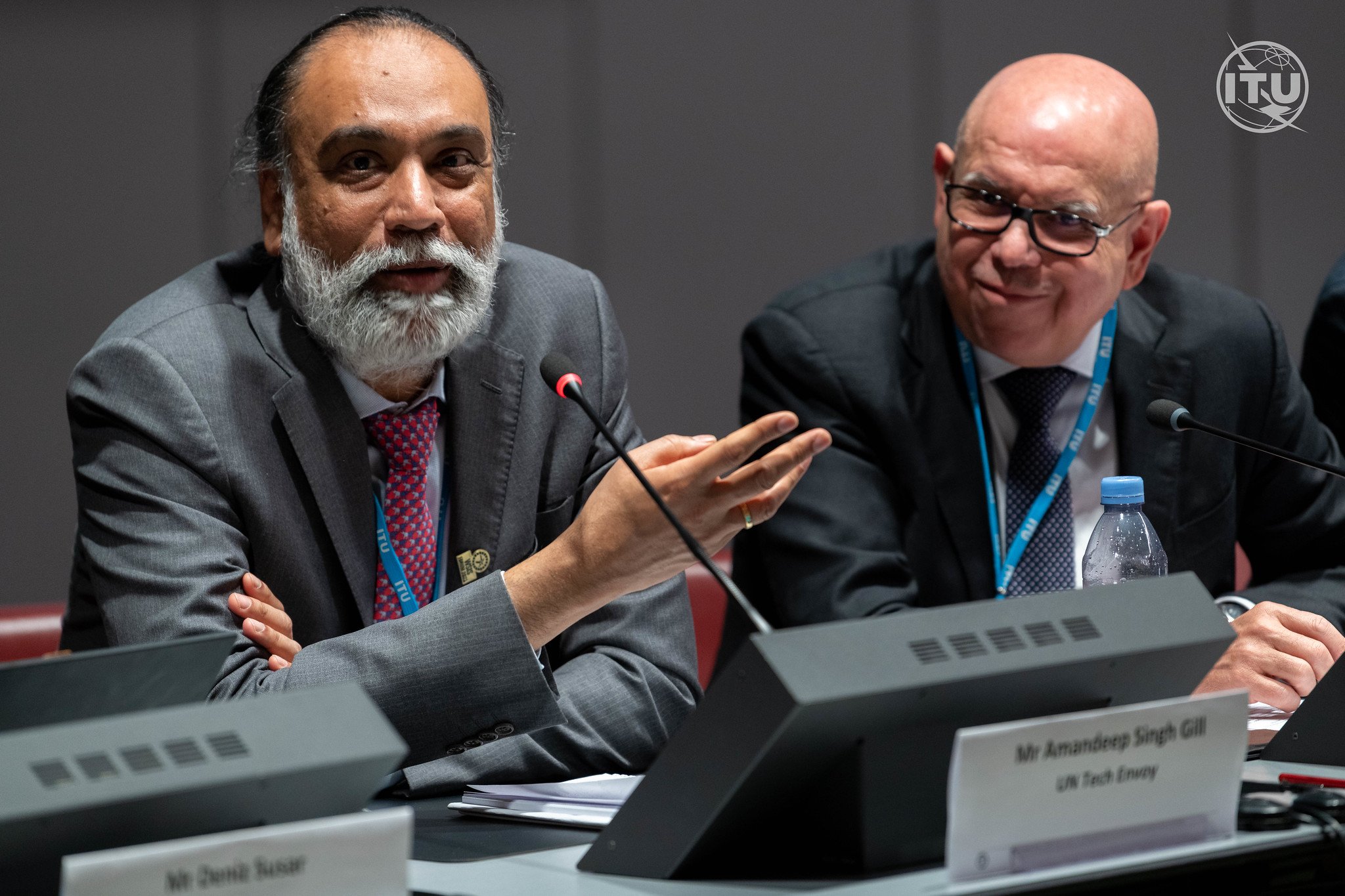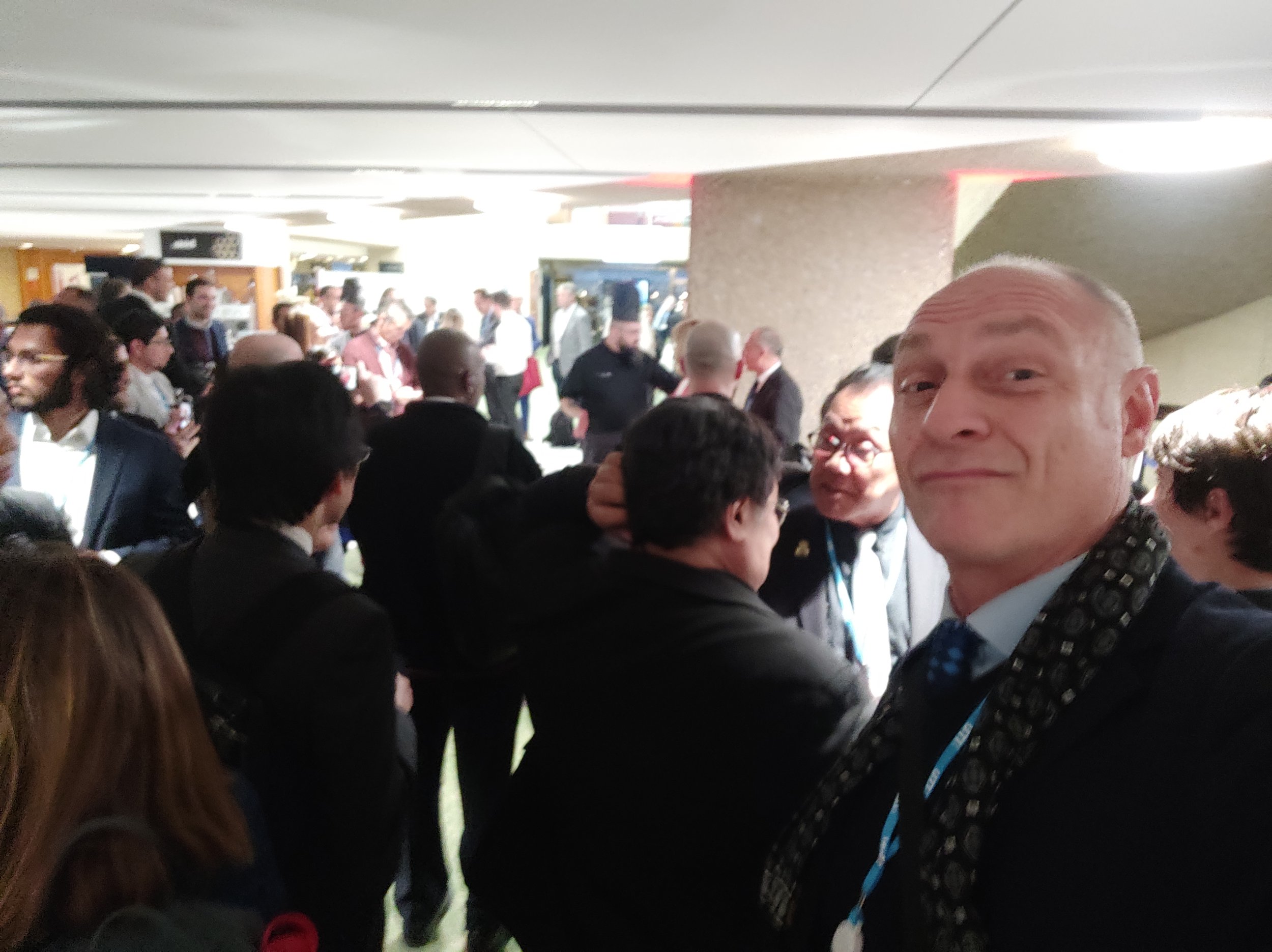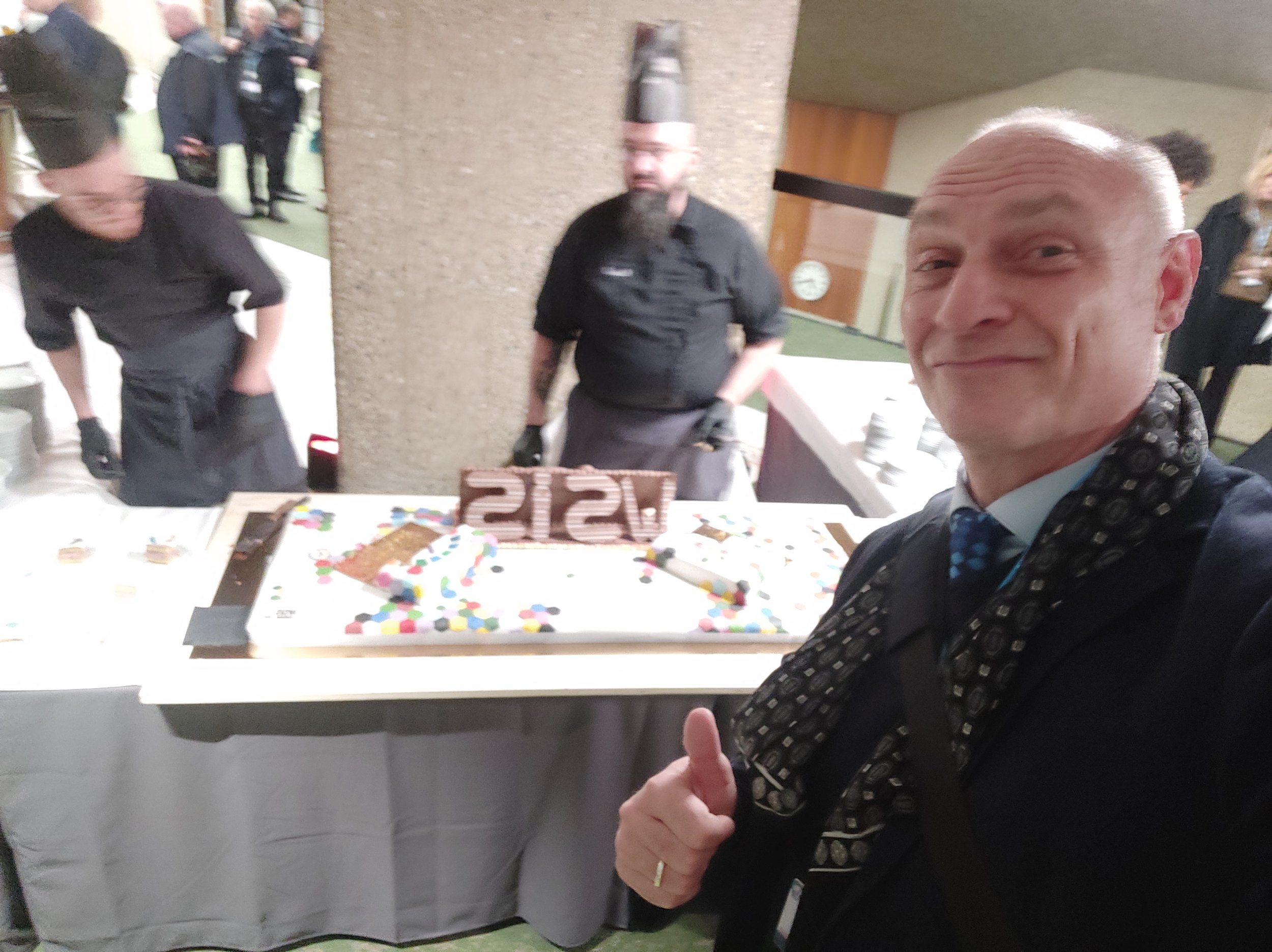The Problem
Like hundreds of thousands of others, our prime ministers, elected officials, foreign ministers, diplomats are hacked on their smartphones. Can anything be done to stop it?
Just over the last year, five European heads of state or heads of opposition and two foreign ministers were hacked on their smartphones.
The hacks went on for months, giving unidentified hackers access most likely to all data, communications and the ability to turn on the device microphones. And these are just the discovered and reported ones.
Worse, the number of victims worldwide - for political or profit motives - are most likely in the hundreds of thousands of law-abiding elected officials, diplomats and citizens, while millions are at risk, as we argued in a recent opinion article published on Geneva's leading newspaper, Le Temps.
Among them, diplomats are especially affected as they are hugely constrained in their effectiveness by the lack of confidentiality of digital communications, at a time of multiple global crises that require more than ever fair and effective digital dialogue.
Nearly all parliamentarians and ministers, and their close associates, are hackable or hacked in a massive scale by unidentified foreign state and non-state entities.
Last but not least, international organizations like ICRC, UNHCR, the UN and UNICC are not able to maintain the security and privacy they need to fulfil their mission of neutrality.
Even in states that are global cyber superpowers, like the US, Israel and likely China, law-abiding citizens and law-abiding elected officials, and their relatives and close associates, are illegitimately hacked. And the current Wild West of hacking, spyware and widely available malware has been causing significant damage to their governmental institutions and their trust relations with allies and third nations.


